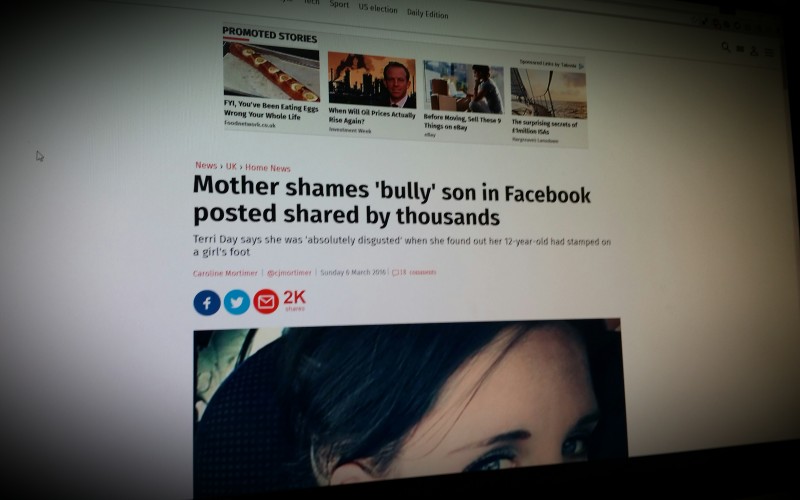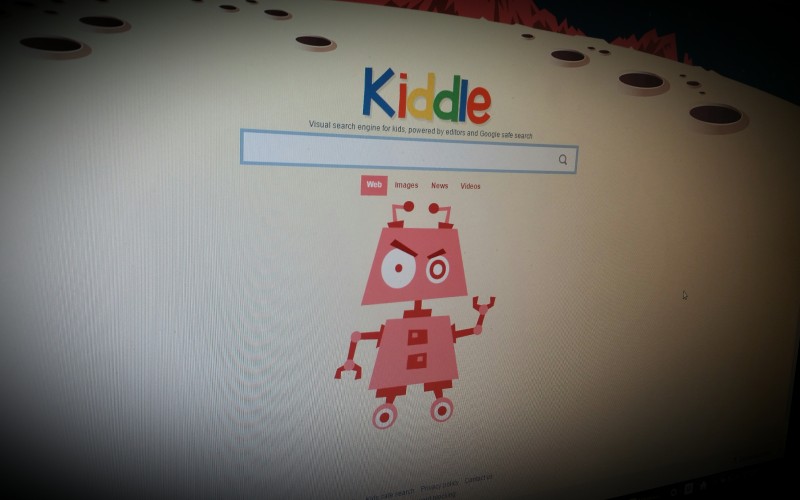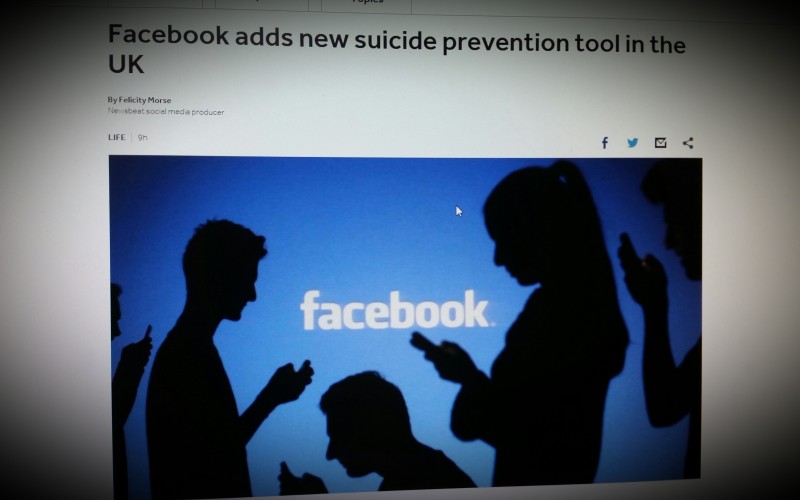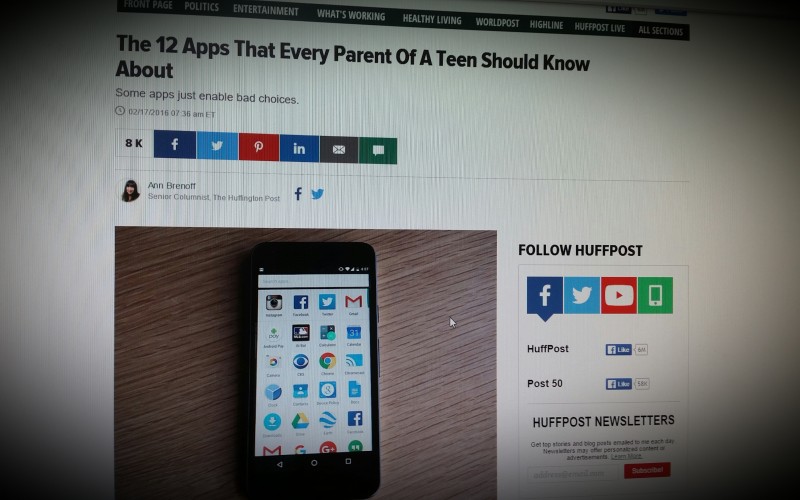Today is Day 1 of a Thinkyouknow Parents and Carers three month campaign, and we are excited to introduce our first new resource entitled “The world changes. Children don’t”.
This short film that tells the age-old story of Romeo and Juliet... with a modern twist. It shows how the lives of these young lovers might play out online today, including the Lark ‘tweeting’ and Romeo ‘friending’ Juliet.






Comments
make a comment